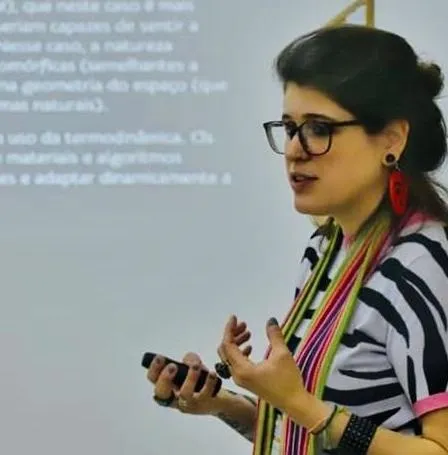Project overview
WSI Pilot Project
This project aims to support future democratic participation by building a web-based simulation tool in the form of a game in which each player acts as a local government representative, implementing local laws as they see fit, and thereby learning about participation issues and democratic choices. (See Figure 1.) Our game will provide a safe environment for players to learn and experiment, and is based on a novel, sophisticated mathematical theory that allows us to simulate parts of the population, including their various political interests and other variables (e.g. health, status, education, see Figure 2), and their interactions with the government and other players. The players will be supported by a new and highly innovative AI nudge system, able to mediate conflict and to identify stable coalitions & fair outcomes. A semantic learning framework will generate events to connect players with each other, which will allow players to shape policy decisions that do not directly affect their own playable experience. With the pump-priming funding available, we plan to develop a minimum viable prototype of the game.
The full version of the software will provide a fun, creative and engaging platform for citizens to create scenarios that represent their choice towards a local challenge: an interactive space where citizens have a voice and make choices that suit their needs. Researchers, players of the game, as well as policy makers will be given a new appreciation on how inequalities can shape democratic disengagement and increase polarisation. Likewise, academics & policy makers, investigating data from game plays, can learn & understand how to mediate and challenge inequalities via web-based technologies and how to better enable equal participation.
This project aims to support future democratic participation by building a web-based simulation tool in the form of a game in which each player acts as a local government representative, implementing local laws as they see fit, and thereby learning about participation issues and democratic choices. (See Figure 1.) Our game will provide a safe environment for players to learn and experiment, and is based on a novel, sophisticated mathematical theory that allows us to simulate parts of the population, including their various political interests and other variables (e.g. health, status, education, see Figure 2), and their interactions with the government and other players. The players will be supported by a new and highly innovative AI nudge system, able to mediate conflict and to identify stable coalitions & fair outcomes. A semantic learning framework will generate events to connect players with each other, which will allow players to shape policy decisions that do not directly affect their own playable experience. With the pump-priming funding available, we plan to develop a minimum viable prototype of the game.
The full version of the software will provide a fun, creative and engaging platform for citizens to create scenarios that represent their choice towards a local challenge: an interactive space where citizens have a voice and make choices that suit their needs. Researchers, players of the game, as well as policy makers will be given a new appreciation on how inequalities can shape democratic disengagement and increase polarisation. Likewise, academics & policy makers, investigating data from game plays, can learn & understand how to mediate and challenge inequalities via web-based technologies and how to better enable equal participation.
